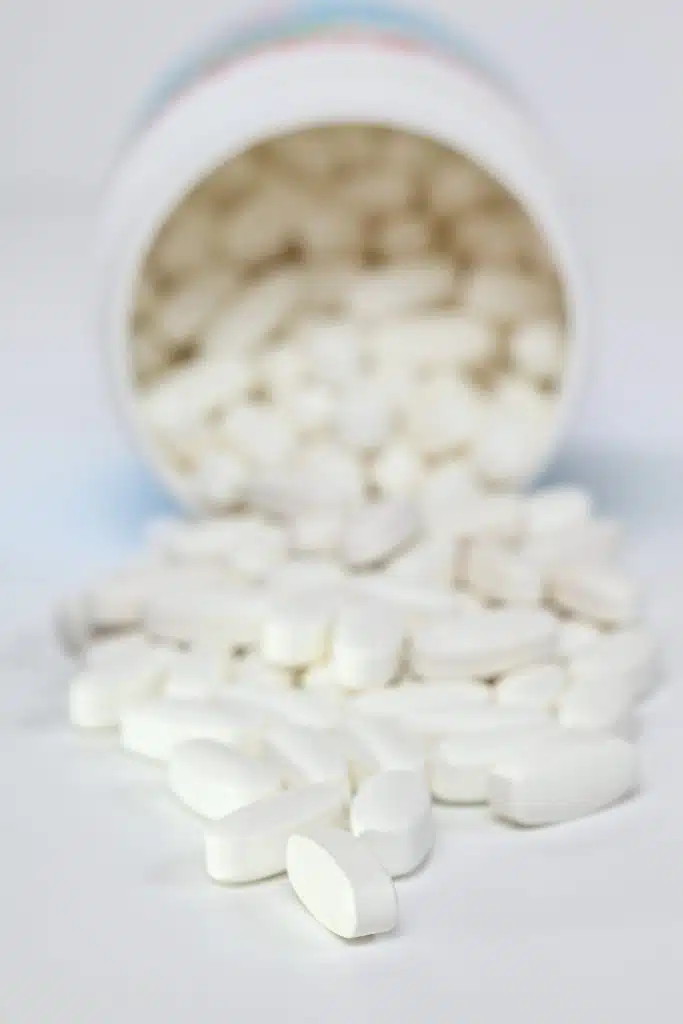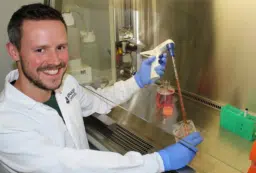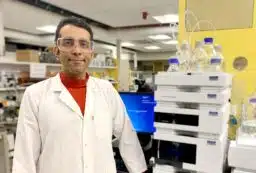At a time when antibiotic resistance is high, a promising new class of antibiotics has been developed to fight the bacteria that causes gastrointestinal ulcers and cancers.
Madleen Busse and a team of Monash University researchers have designed novel bismuth compounds that are more powerful than the drugs used to treat Helicobacter pylori (H. pylori), raising the possibility of faster and safer treatment for patients.
“We are one step closer to having a novel powerful antibiotic against H. pylori,” says Madleen Busse, who conducted the research as part of her PhD at Monash University.
“These compounds are 250 times more effective against H. pylori compared to the commercially available bismuth drugs,” she says.
Madleen, together with one of her supervisor’s collaborators, Professor Richard Ferrero of the Monash Institute of Medical Research, found that bismuth sulfonate compounds killed H pylori in vitro. Her Monash University supervisor, Professor Phil Andrews, and his research team are now looking to conduct phase pre-clinical trials.
“All the research teams are very excited to see the research proceeding onto the next level to test the most promising antibiotics developed in the laboratory,” Madleen says.
H pylori has become increasingly resistant to antibiotics over the past 15 years, with patients having to undertake multiple therapies and higher doses of medication. These triple and quadruple therapies often involve colloidal bismuth subcitrate.






 Fresh Science is on hold for 2022. We will be back in 2023.
Fresh Science is on hold for 2022. We will be back in 2023.